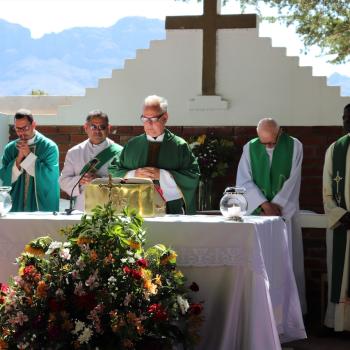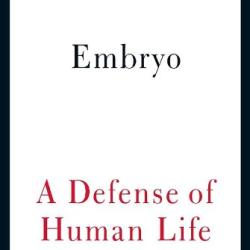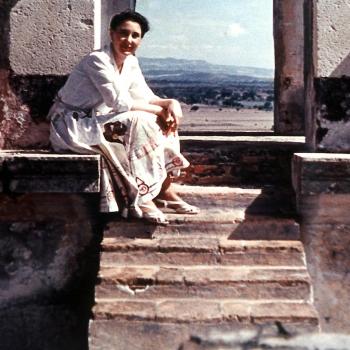Those days, God’s absence is a sharp pain, a knife between the ribs. The pain of a soul that is parched, thirsting for God, is physical. It reminds us of our embodied nature and its fragile dependence. Neuroscience can help explain why we feel God’s absence so physically: the brain regions involved in longing for a loved one’s presence are the very same ones that process pain. This insight comes from neuroscience studies of romantic breakups and grief after loss. In these studies, researchers showed participants photos of their loved ones or asked them to think about shared time together. Then, the researchers used functional magnetic resonance imaging (fMRI) brain scans to identify which regions were differentially active. Across the board, the insula and anterior cingulate cortex are active in the experience. These regions are implicated in the experience of physical pain. Our pain at a loved one’s absence is embodied, physical. This scientific truth echoes biblical language of missing God. Psalm 42, for example, describes a profoundly physical and emotional longing for God’s presence. And nowhere is this bodily longing more evident than in the sensual language of the Song of Songs.How long, Lord? Will you utterly forget me?
How long will you hide your face from me?
How long must I carry sorrow in my soul,
grief in my heart day after day?
The language of poetry is particularly suited to capturing the movement of the heart toward an absent God. Two of my favorites:
Absence by Elizabeth Jennings
I visited the place where we last met.
Nothing was changed, the gardens were well-tended,
The fountains sprayed their usual steady jet;
There was no sign that anything had ended
And nothing to instruct me to forget.The thoughtless birds that shook out of the trees,
Singing an ecstasy I could not share,
Played cunning in my thoughts. Surely in these
Pleasures there could not be a pain to bear
Or any discord shake the level breeze.
It was because the place was just the same
That made your absence seem a savage force,
For under all the gentleness there came
An earthquake tremor: Fountain, birds and grass
Were shaken by my thinking of your name.
A Stranger is My Friend by Pär Lagerkvist
A stranger is my friend, one I do not know
a stranger far far away.
Because of him, my heart is filled with distress.
Because he is not with me.
Because perhaps he does not exist at all?
Who are you, that you fill my heart with your absence?
Who fill the world with your absence?
Both of these poems movingly capture the restless desire for God, the absent lover and the strange friend. But Lagerkvist’s poem suggests that absence is not merely emptiness and pain. Rather, our longing for God’s presence can be an invitation to questioning. Our desire for God invites us to examine everything that happens to us in search of His face. Thus, our sense of His absence can cultivating attentiveness to the reality He has given us. And through this attentiveness, we can begin to notice signs of His presence and His preference.
Through the convergence of these signs, we can reach moral certainty of God’s love. As Giussani explains in The Religious Sense:The method by which I understand that my mother loves me and through which I am certain that many people are my friends cannot be fixed mechanically; my intelligence intuits that the only reasonable meaning, the only reasonable interpretation of the convergence of a given set of “signs” is this. If these signs, in their hundreds and thousands, could be indefinitely multiplied, their only adequate meaning would be that my mother loves me…
Let your heart be moved by His absence. Hunger and thirst for His presence, burn for His peace.
Further reading recommendations
Read Elizabeth Jennings’ selected poetry here.
Pär Lagerkvist’s novel Barabbas — which won the Nobel Prize in 1951 — is amazing. It presents the drama of the human person who may a recognize Christianity as an essential source of values, but who is no longer able to believe in Christ because he cannot love.
















